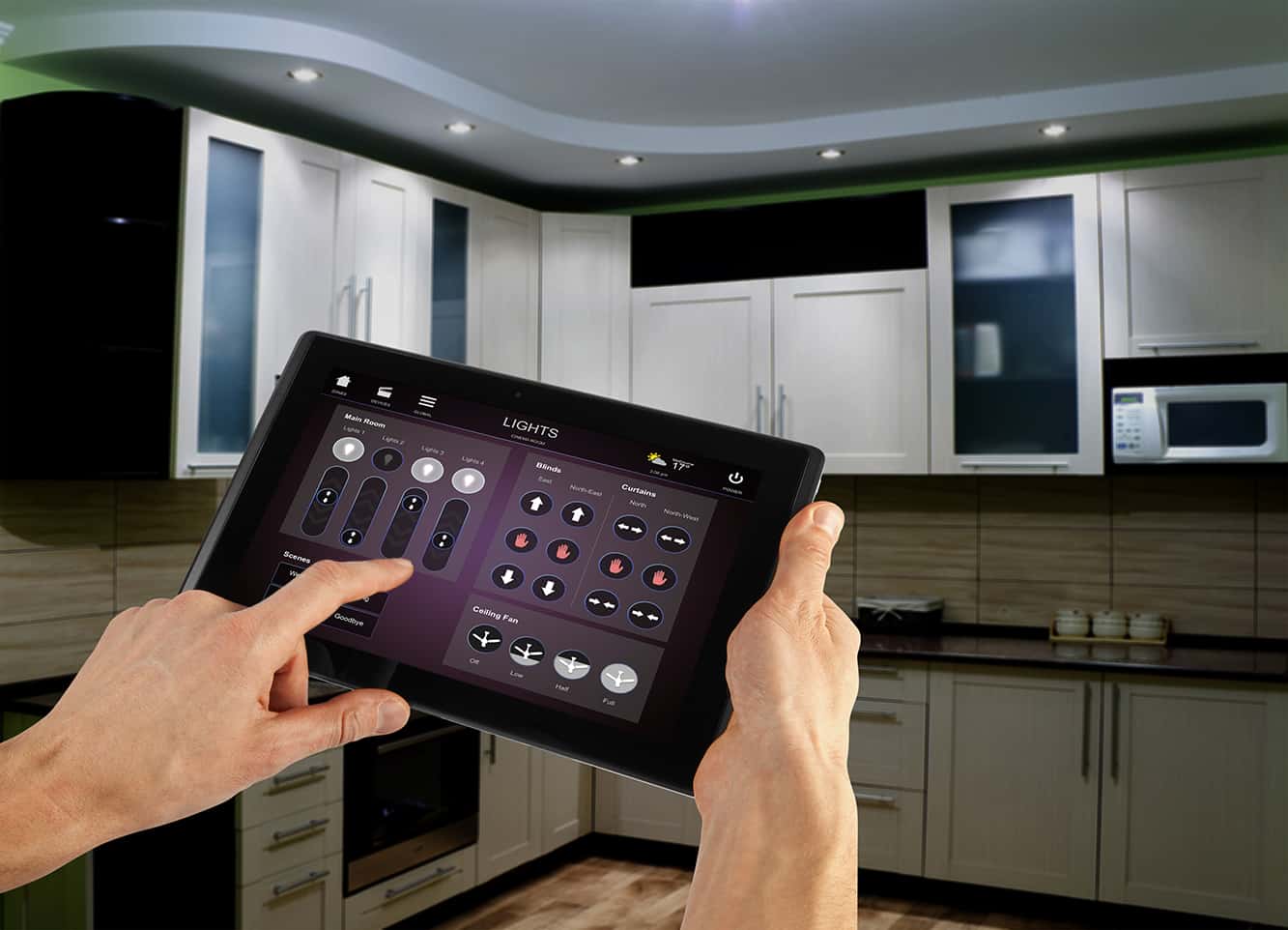What is a smart home and its purpose

Smart home in detail
A smart home is a set of devices combined into one system with a single control for the effective management of all life support systems of a modern home.
What does a smart nome consist of and what does it do
The modern smart home system consists of the following set of devices:
-
Sensors — which provide the necessary information about the environment, temperature, the presence of foreign objects, etc. to the control panel. Depending on the information that is supplied from the sensors, the system decides on certain actions;
-
An analytical unit is a computer that records algorithms for interacting with devices, information about what is happening in a house or house territory, for example, video recording data. The central computer of the smart home system interacts between the individual components of the system;
-
Working bodies are electromechanical devices integrated into the operation of infrastructure systems. With the help of these devices, a smart home can: turn off or turn on the light, water, heating, gas, ventilation, air conditioning, turn the camera in the right direction to give an overview in the right angle, etc.
-
The control system. The control system transmits a command from the user to the central computer for further execution by the working bodies. The control system can be a computer, a special panel or a mobile device. In recent years, the smart home system is most often managed using the home owner’s personal mobile phone.
What are the advantages of a smart home
The smart home system gives its owner many advantages. Here are some of them:
-
Safety. With the help of the smart home system, you will always know what is happening in your home, on the territory of the house. No penetration will go unnoticed. No one, even the most trained dog, will be able to guard your home as effectively as a “smart home”. The security system integrated into the “smart home” will record everything that happens near the house on external surveillance cameras, and will send a signal to the alarm panel to the police in time, in case criminals enter the territory of the house. Here is a far from complete list of features that a “smart home” carries with it when ensuring security;
-
Protection against accidents. A properly configured smart home system is able to detect gas and water leaks, warn about the risk of a fire, an open window, or any things that can be detected using sensors. Thus, the owner of the house will be reliably protected from artificial floods, gas explosion, fire. This is a sufficient argument to spend money on sensors;
-
Savings. The smart home system will allow you to set up life support in such a way that you do not waste resources in vain. Water will not flow into the sewer unnecessarily, the light will not warm in the house when there is no one in it, when it is warm outside and the owners are not at home – the heating will work in an economical mode, So you can save significant resources and, accordingly, money.

Order
remotely with one click
